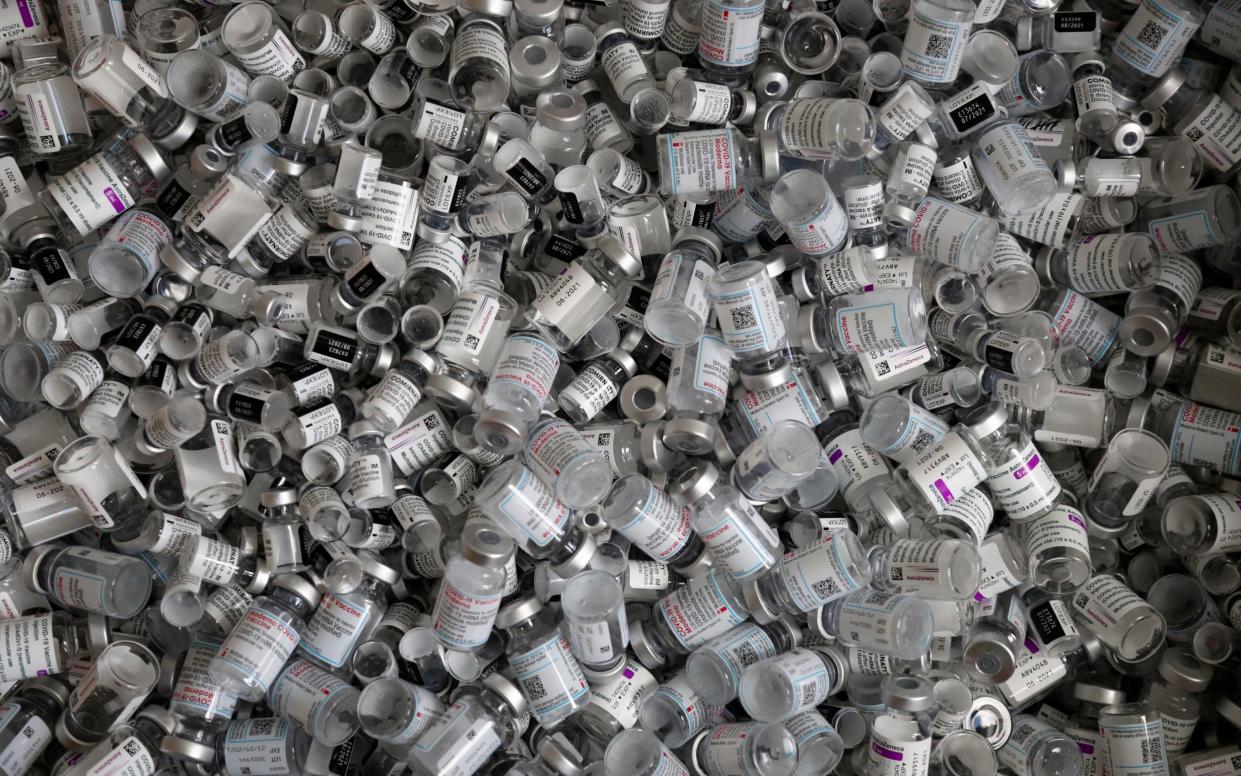The least vaccinated countries in the world: the charts showing the scale of inequality

There are four countries in the world which have not yet started vaccinating against Covid-19: Eritrea, Burundi, Tanzania and North Korea.
Others have barely begun: Haiti only got its first shipment of doses last week.
Many other nations are yet to reach even two per cent of their populations, including Nigeria - the most populous nation in Africa - as well as Madagascar, Sierra Leone and Burkina Faso. That contrasts with countries like the UK and Israel, both of which have reached the majority of their adult populations.
The figures above only represent first doses. It is an even worse picture for second doses, which are important to provide full protection from the virus.
What this means in the face of the highly transmissible delta variant is a pandemic which is out of control in many unvaccinated countries, causing mass human suffering and many deaths. Earlier this week the Pan American Health Organisation (PAHO) called it a "pandemic of the unvaccinated".
It also risks offering the virus a breeding ground that could see the development of new, potentially dangerous, variants.
As World Health Organization director general Dr Tedros Adhanom Ghrebeyesus put it this week: “A shocking imbalance remains in the global distribution of Covid-19 vaccines...The haves are opening up, while the have-nots are locking down.”
Beyond the human suffering, there are economic implications.
A new estimate from the WHO, the University of Oxford and the UN Development Programme on Thursday suggested that if lower-income countries had been able to vaccinate as quickly as high income countries, it could have added $38bn to their GDP forecasts.
The disparities mean that even some on the frontline remain unprotected.
Most countries have prioritised health workers in their rollouts, but the International Council of Nurses (ICN) and the World Health Organization estimate that around an eighth of the world’s 135 million healthcare workers are still not fully vaccinated.
ICN chief executive Howard Catton said: “Today, nurses will be going to work in some countries knowing that they are high risk, but unvaccinated. And at the same time, in richer countries, they see unlocking, they see less vulnerable younger people getting the vaccine, people being able to go and sit on beaches for their holidays because they've been double jabbed, while they are still waiting. And they feel dispensable and disposable.”
Vaccinating the world is a complex problem.
For example, in the four countries where vaccination campaigns have not yet begun, several have turned down offers to take part in global vaccine distribution efforts, saying the situation is under control in their countries. Tanzania has now rowed back on this.
North Korea was due to get AstraZeneca vaccines through Covax, but reportedly sent back a shipment, citing concerns about side-effects, Reuters reported.
In other countries, like Ghana, where just 1.3 per cent of people are fully vaccinated, hesitancy has risen in the last few months, with many also citing concerns over side-effects, according to research out this week from the University of Southampton and the Ghanaian think tank, Packs Africa.
There are other challenges, too; for example, getting vaccines to conflict-hit countries.
However, the issue of inequity remains the strongest reason for the lack of jabs in poorer countries, particularly in a world where supply is still constrained.
Over 3.5 billion vaccines have been distributed globally, but more than 75 per cent of those have gone to just ten countries. Richer countries administered 62 times more shots than poorer countries, according to the WHO.
Countries like Canada and the UK have lined up between five and eight times as many vaccines as they need, and are now discussing vaccinating children and the potential need for booster jabs.
The WHO has repeatedly called for rich nations to share doses and scale-up manufacturing capabilities for vaccines around the world. There has been some progress on this front - the G7 has pledged close to a billion doses, and 60m are due to arrive in Africa through Covax in the next week. Pfizer is also set to begin manufacturing its jab in South Africa next year.
But many say it is not happening quickly enough.
Mr Catton added: “I sit and watch the news and see that there are billionaires building rockets to send people into space, but we still can't vaccinate all of our healthcare workers. It feels like we've lost our moral compass on this.”
Protect yourself and your family by learning more about Global Health Security

